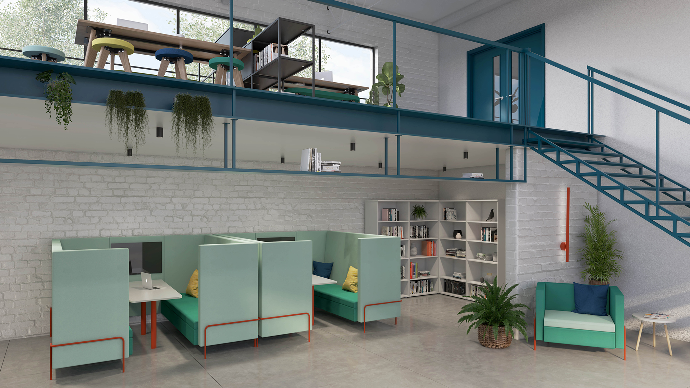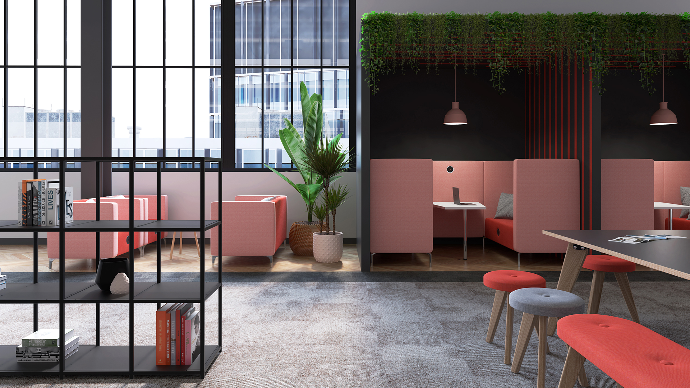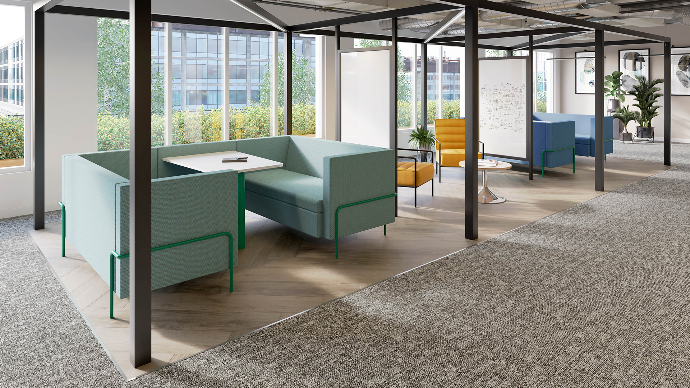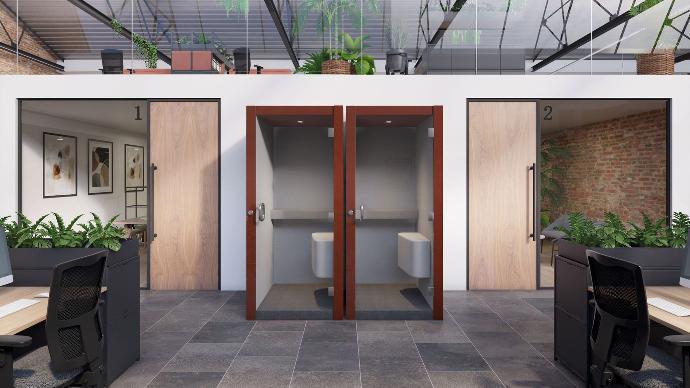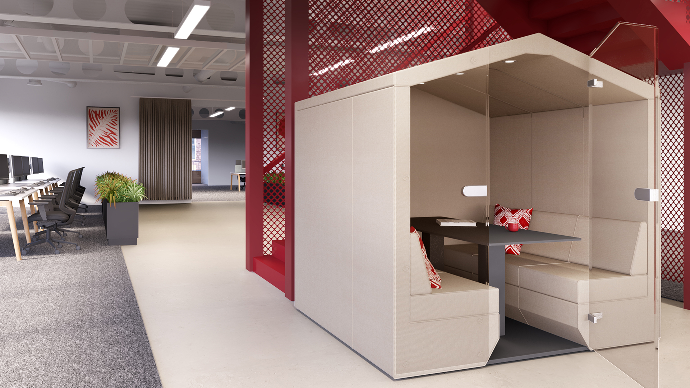WHAT IS NEURODIVERSITY?
Every person is unique, and no two brains are quite alike.
Neurodiversity refers to how the brain works, interprets and processes information.
Most people are neurotypical, meaning the brain functions and processes information as society expects. However, it’s estimated that around one in seven people (more than 15% of people in the UK) are neurodivergent, meaning that the brain functions, learns and processes information differently; these differences mean they are diagnosed with autism, ADHD, dyslexia, dyspraxia, or other neurological conditions.
*Neurodiversity | Local Government Association. https://www.local.gov.uk/lghow the brain works, interprets, and processesa-libdem-group/our-press-releases/neurodiversity
CHALLENGES FOR NEURODIVERGENT EMPLOYEES IN THE WORKPLACE
One of the most significant hurdles that the neurodivergent community faces in the workplace is that neurodiversity still isn’t included in the majority of companies' diversity, equity, and inclusion strategies. Companies need to set out clear and structured plans around diversity and inclusion and start a conversation about what neurodivergent employees can bring to a team.
Neurodivergent staff members may have to overcome many challenges during their working week. Below, we've listed some of the main challenges neurodiverse employees may face in the workplace.
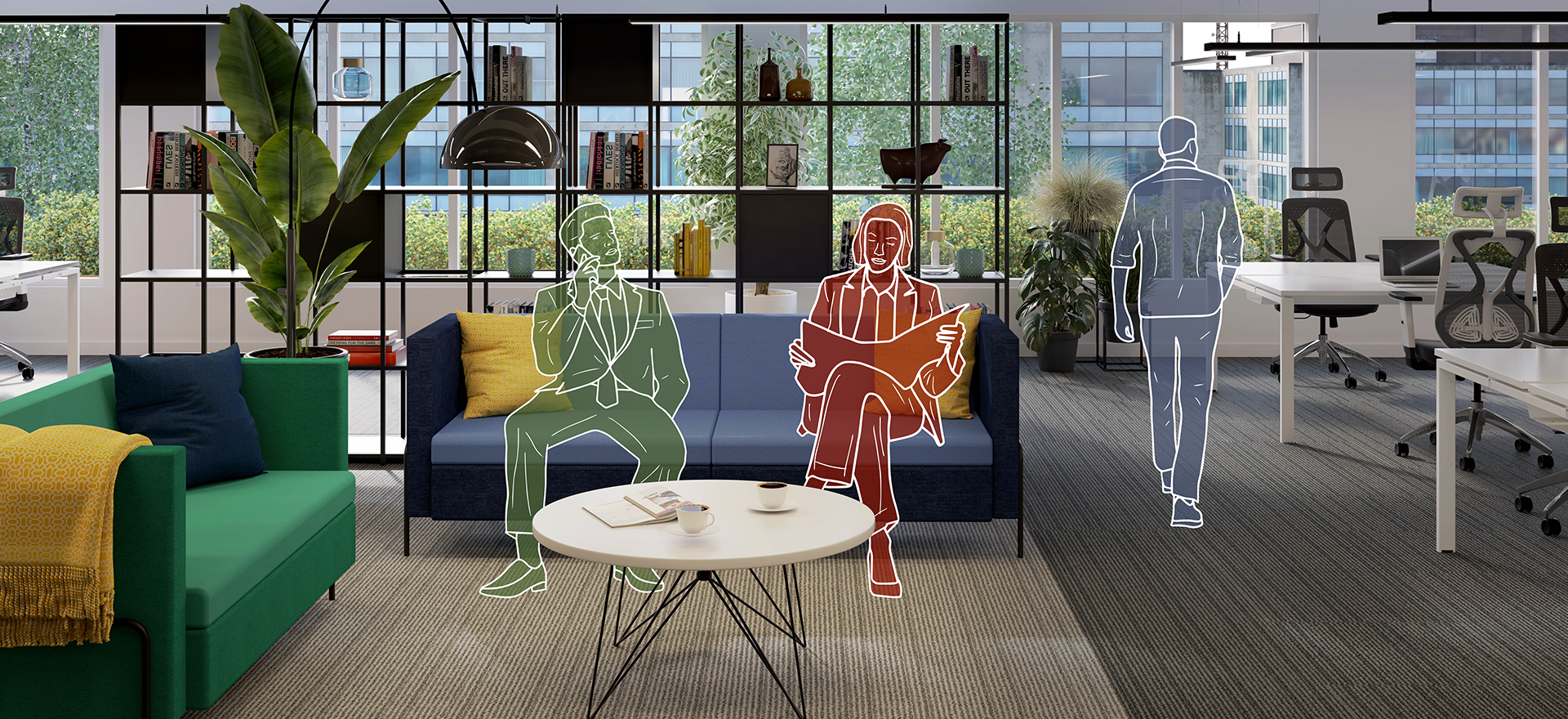
THE BENEFITS OF A NEURODIVERGENT WORKFORCE
Just as how it is widely recognised that a workplace diverse in terms of gender, ethnicity and belief is a benefit, a neurodiverse workplace is one that will be full of many strengths.
Someone with ADHD may struggle to sit at a desk for eight hours consecutively but may also bring creative and unique ways of problem-solving. Autistic employees are likely to bring a variety of interesting, different viewpoints and niche interests that could get their team to look at things from a whole new angle.
Neurodiversity reminds us that everyone with a neurological condition is different and cannot be classified so similarly. In many cases, working with neurodiverse people to identify their ideal roles and potential barriers and challenges can lead to the most productive workplace for all.
A neurodiverse workforce can provide a range of benefits within their teams and their company as a whole. Take a look below at some of the benefits we believe a neurodiverse workforce can bring.
HOW TO SUPPORT A NEURODIVERGENT WORKFORCE
Neurodiversity in the workplace means creating an inclusive, supportive, and respectful environment for neurodivergent employees. Embracing diversity empowers employees and employers to be more creative, thoughtful and innovative.
There are many ways workplaces can support their neurodivergent employees to feel comfortable, focussed and a part of the team.
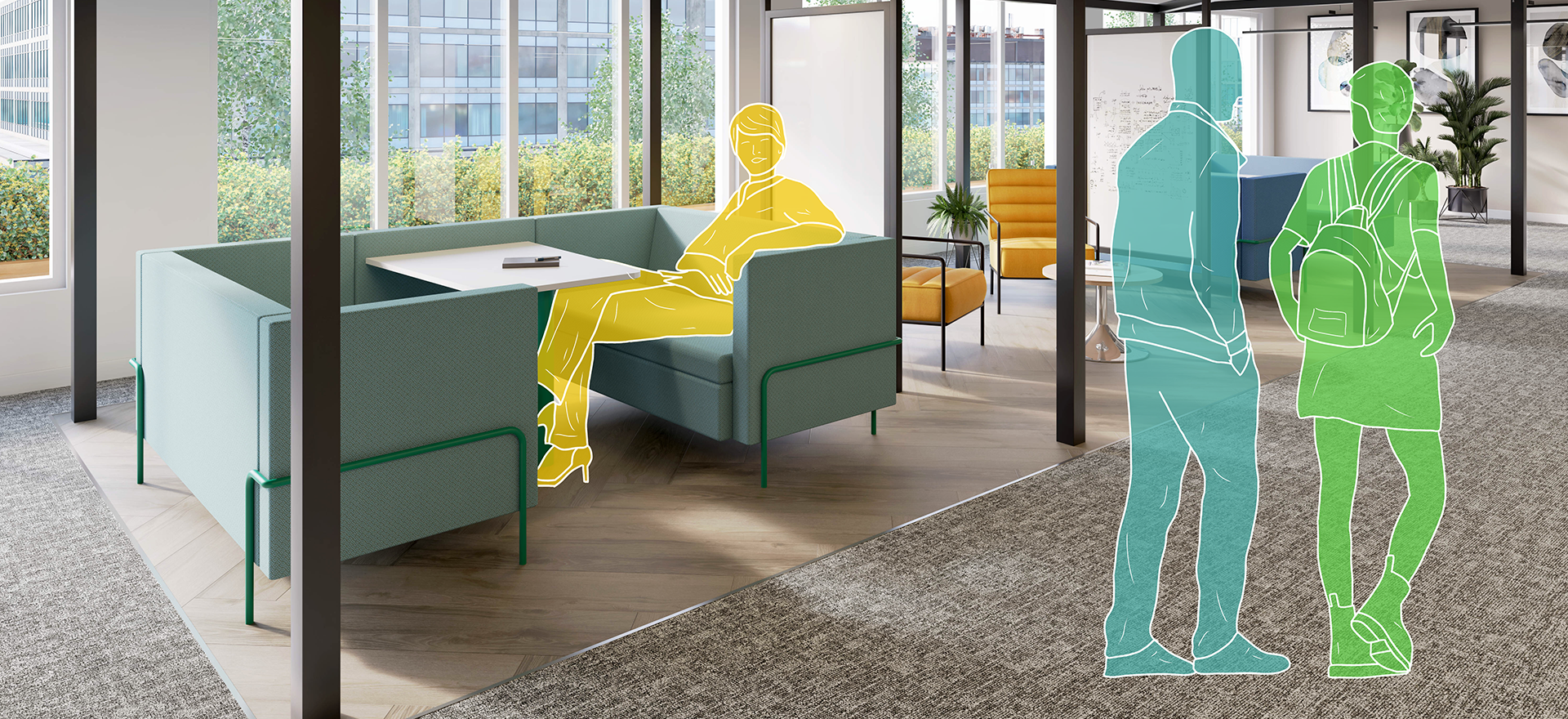
OPTIMISED WORKSPACES
Creating distraction-free workspaces for employees with ADHD or Autism, and for employees in general, not only helps to boost productivity but creativity as well. Think about creating quiet or sensory spaces where traditional office designs are stripped back in place of soft seating, dens, and beanbags.
FLEXIBILITY
Many neurodivergent employees may find the hustle and bustle and constant commotion and conversation in the office a big distraction, taking away their focus from projects. Think about creating options to work from home or work flexibly throughout the week, allowing neurodivergent staff to be able to work how they do best without judgment.
ACCESSORIES & EXTRAS
Many neurodivergent employees find an extra, added level of comfort in the workplace helps to focus in the office and work on tasks creatively. Think about allowing products which help with focus and comfort. This may include noise-cancelling headphones, fidget ‘toys’, music, or background noise to reduce sensory overload and distractions within the workplace.
TRAINING & COACHING
Many employees may not understand or be aware of what neurodiversity, or even mental health issues in general, entail and what they may require. Think about offering neurodiversity, inclusion, and mental health coaching for all members of staff, covering a range of topics, not limited to neurodiversity but also focusing on mental health, physical health, and diversity as a broad topic.
STRUCTURE & ROUTINE
Many employees, neurodivergent or neurotypical, may find routine and clear outlines and agendas helpful in all aspects of work life, whether it be in meetings or general day-to-day tasks. Think about providing reference materials, worksheets, and deadlines before assigning tasks to employees and create agendas in advance of meetings, to give all attendees a chance to prepare.
DESIGNING A WORKSPACE FOR ALL
How we design spaces can profoundly impact the people who occupy and experience them daily.
Companies shouldn't only have one perspective in mind when designing or re-designing their space. They should look at all employees and all requirements. This may include a fully accessible building, 'quiet' spaces for neurodivergent and neurotypical employees to use when they need to stay focused, and biophilic and domestic design features to create an optimal and comfortable environment.
Having a space with more to it than meets the eye can make people feel more engaged and eager to move through it.
It is an employer's responsibility to support their employees, change the narrative around neurodiversity and inclusivity within the workplace and work towards creating a comfortable environment for all employees to thrive.
A neurodiverse workplace can also offer businesses a competitive advantage; not only will employees feel more relaxed and more productive in their space, but it will also help companies to be able to attract and retain the best talent around.







